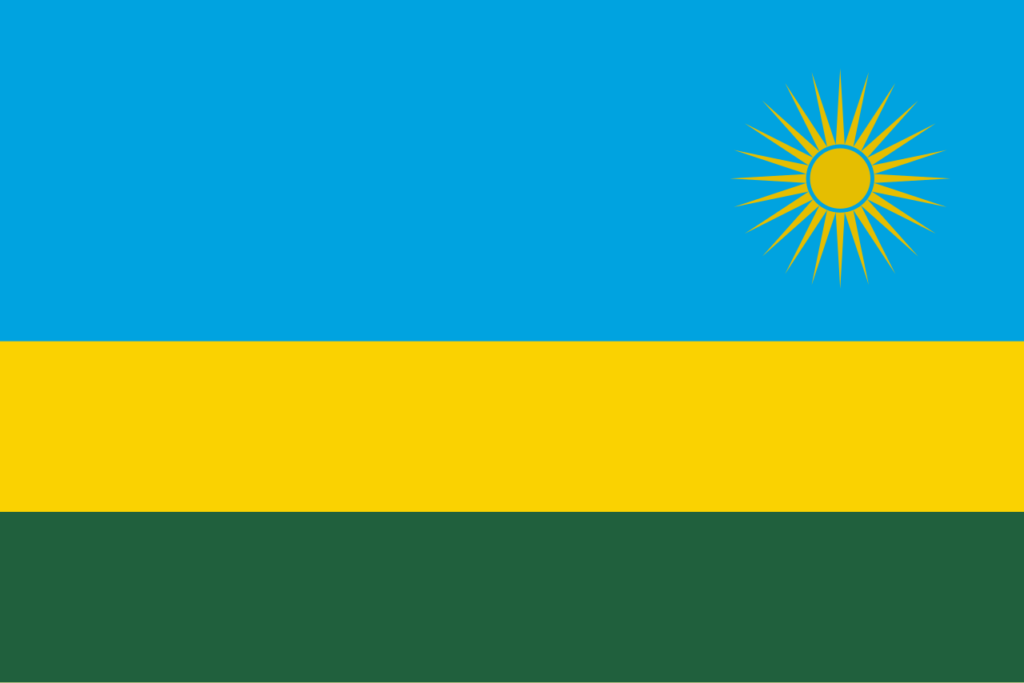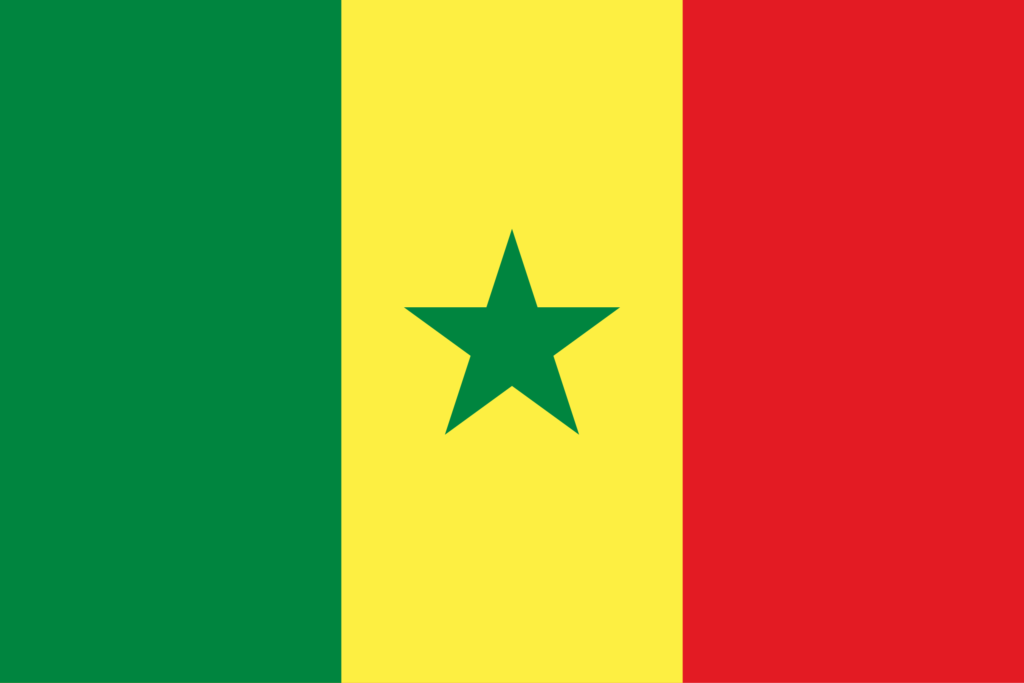Yaw Appiah Lartey (Partner | Africa Infrastructure & Capital Projects (I&CP) and ESG Leader Financial Advisory | Deloitte Africa), George Anang (Assistant Manager| Real Estate Advisory | Financial Advisory, Deloitte Ghana) and David Markwei (Associate| Real Estate Advisory | Financial Advisory, Deloitte Ghana)
Affordable housing refers to housing that is within the financial reach of the general population. Private developers aim to maximise profit and may only incur losses for a good cause like providing affordable housing. This is because while labour is cheap, the cost of building materials is high. This makes even simple residential properties out of reach for most people, making it difficult for property developers to offer affordable housing profitably. Milton Friedman puts it succinctly – “the business of business is business.”
The private sector plays a significant role in meeting the country’s housing needs. However, the success of affordable housing initiatives in Ghana depends on various factors such as project structuring, construction cost management, policy flexibility, transaction costs, land availability, interest rates, and foreign exchange. By combining government support, private sector investment, innovative finance methods, and improved revenue strategies, developers can finance projects effectively and contribute to sustainable economic growth.
This article explores project structuring for affordable housing in Ghana, focusing on proven global concepts that developers can use to deliver affordable housing. Building on Deloitte’s previous article “Analyzing Affordable Housing In Ghana” [read the article, we delve into the dynamics of affordable housing delivery in Ghana.

Affordable Housing Around the World
Globally, housing is one of the greatest social infrastructure, commanding billions in financial commitments both from private and public sectors. Governments have sought to close housing deficits through the development of quality, yet affordable housing for the masses. With the spike in construction costs following periods of rapid inflation, policy makers continue to explore the most efficient strategies for delivering on housing needs.
Over the last two decades, countries like South Korea (21 million housing units), Canada (16 million housing units), and Brazil developed over 40 million housing units by adopting unconventional development concepts whereas Ghana in contrast has developed approximately 2.5 million housing units.
What if by benchmarking such successful housing models from around the world and in other African countries, Ghana can draw inspiration to improve its own housing landscape? This would attract more private capital into the space and marry the opportunities created by urban population growth to the reality of affordability.
What Has Ghana Done in The Past?
Ghana has previously sought to provide affordable housing through various government-led initiatives and partnerships with private developers. Some of these include:
• Establishing a National Housing Policy in 2015 to guide the development of affordable housing and address housing challenges across the country.
• Developing Public Housing Projects such as the 2012 Saglemi Project which typically involve the construction of housing units by government agencies or in collaboration with private developers, with a focus on ensuring affordability and accessibility for target populations.
• Mortgage Financing Schemes which involve partnerships between government institutions, financial institutions
• Liaising with development agencies that provide mortgage loans at affordable interest rates and favorable terms, and Private Sector Partnerships.
However, while Ghana has made efforts to address affordable housing challenges in the past, significant gaps remain. Taking some key lessons from failed initiatives such as the STX and Saglemi housing projects
Lessons from African Countries
RWANDA
Rwanda government launched an Integrated Development Program called the IDP Model Village that was designed to promote proper human settlement in rural areas. In 2016, the government extended this mandate, announcing that all thirty districts nationwide should also accommodate an urban community model village. As of 2021, settlements (both rural and urban) have been constructed in all 30 of Rwanda’s Districts. The successful delivery of more than 28,000 units in 222 settlements over a 10-year period is the result of an efficient and closely monitored supply chain involving agencies and actors at all levels of government, from planning, design through construction.

as well as benchmarks from other economies, the country should be set on the right course to deliver well-structured and workable solutions in the coming years.
SENEGAL
Senegal government launched an initiative called the Cité Baraka that provides housing for to 210 families (1600) residents living in Baraka, located in the capital of Dakar, drawing on land values to support housing construction costs. The project officially started in March 2018 with the construction of the first six buildings, and involved a training programme for 215 craftsmen, semi-skilled workers, and service providers of Baraka to enhance their capacities in strategic management and marketing. Main components of the initiative include 15000m2 of land transferred to SOREBA (non-profit project company), 2/3 of land for redevelopment for previous dwellers (1,600 people, 210 housing units in 11 mid-rise buildings) and 1/3 land for 200 market units.

Stay tuned to our website www.globalafricantimes.com for the continuation of the Insight Piece from Deloitte Ghana.




